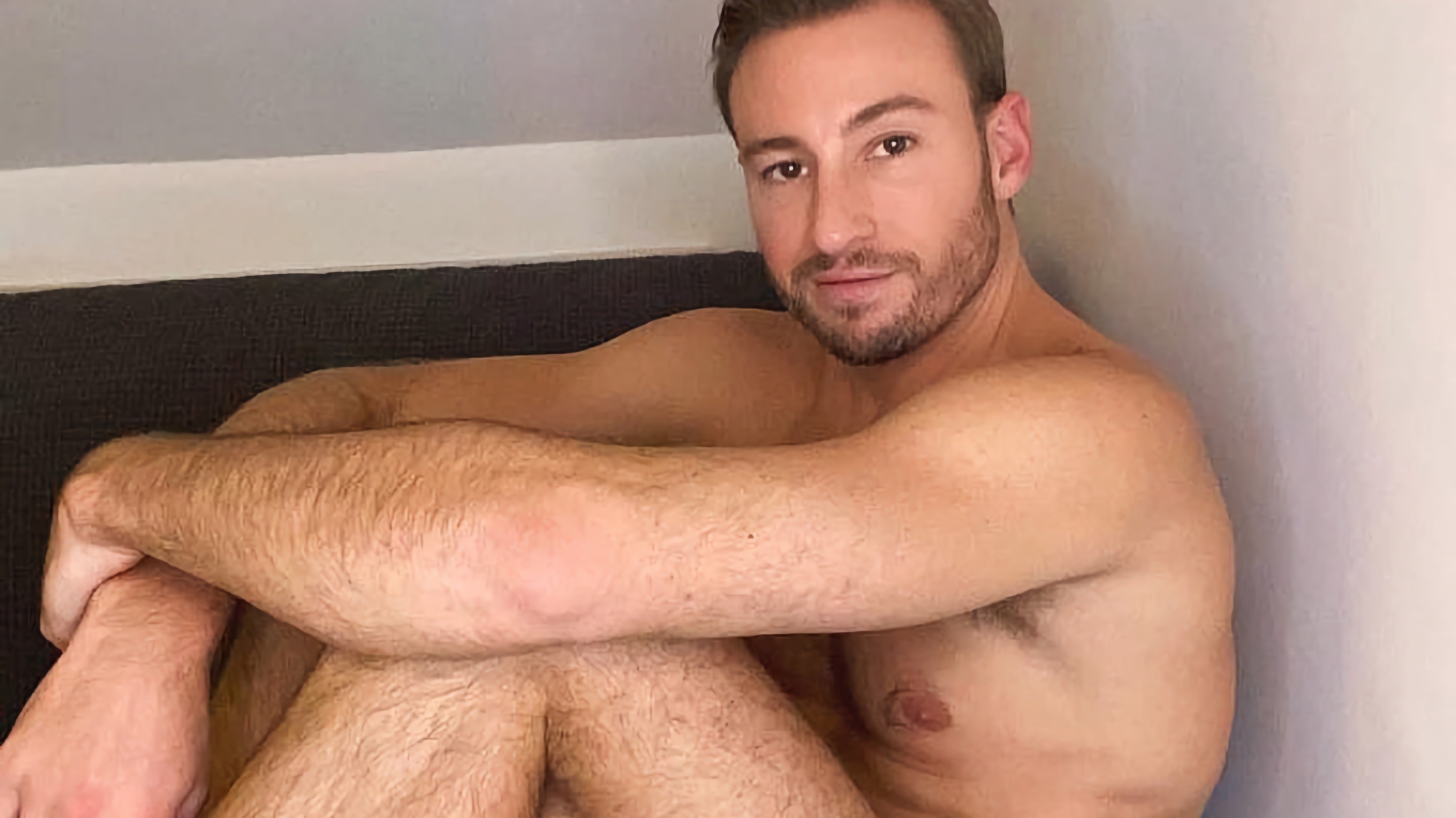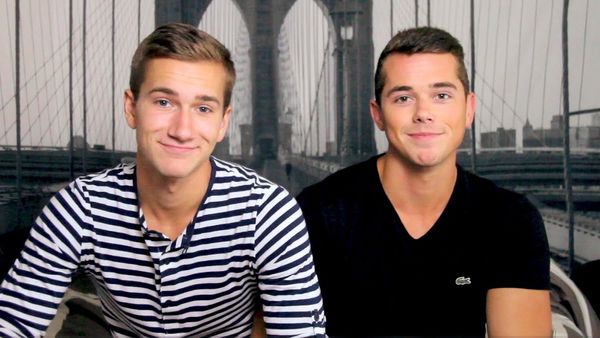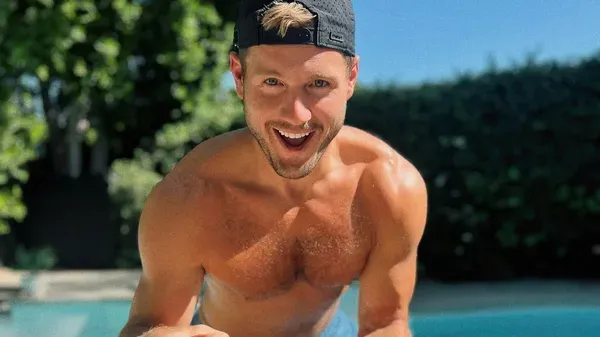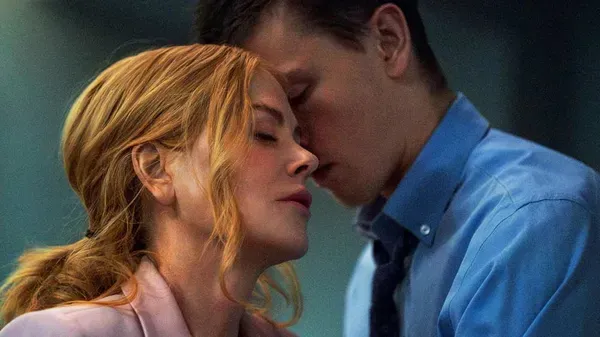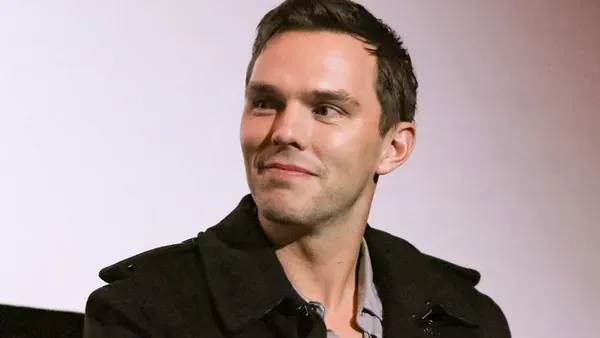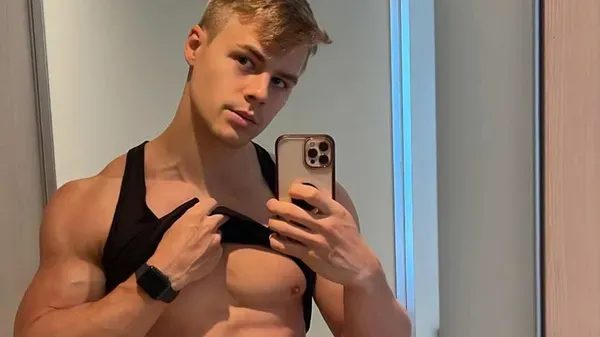December 27, 2023
EDGE Interview: Broadway Sensation Julie Benko on her Timely, Impactful Role in 'Harmony'
Frank J. Avella READ TIME: 14 MIN.
Julie Benko & Sierra Boggess perform "Where You Go" from "Harmony"
EDGE: You went from Fanny to Ruthie, this the strong resistance fighter and one of the heroic Jewish characters currently in theater.
Julie Benko: Yeah. And I think when it comes to Jewish female characters in the musical theater canon, I can't really think (of many). There's Emma Goldman in "Ragtime." Hodel becomes political (in "Fiddler on the Roof"), but it's because of a man, right?... So it's very special to get to play a character who really represents what you wish women were doing in this time. She's a highly empathetic character. And she's somebody who the audience gets to identify with, and root for, and love, and then lose.
EDGE: It's interesting, with "Harmony" and "Funny Girl," you manage to slip into time periods almost effortlessly.
Julie Benko: The same time period!
EDGE: Do you do a lot of research?
Julie Benko: Yes. I love doing research. I love doing period pieces. I love history. And I love historical fiction. One of the most fun parts of the process for me is getting to do all of the learning. With Fanny, I really did a deep dive. And that was very specific in terms of New York, Jewish--that experience of coming from an immigrant background and the theatre of the time. But then, with this character it's the same time period, but it just goes to show where you're born and when you're born really determines everything. Two Jewish women born basically around the same time, but on two different continents and their trajectories couldn't be more different.
EDGE: I love the political aspect of "Harmony." And, especially in Act Two, it doesn't pull any punches. For years we were seeing Holocaust works that were just about victims. Now we're seeing that there were actually a lot of people who fought and were heroic.
Julie Benko: Yeah. I was part of a film called "Resistance." I provided the voice of two Holocaust survivors...It's a documentary about Jews who resisted in the Holocaust and trying to change the narrative that they just went like sheep to the slaughter. In fact, there was a lot of strength in the resistance.

Source: https://www.juliebenko.com/
EDGE: The show has a true ensemble feel.
Julie Benko: Yeah!...Chip Zien is giving the performance of a lifetime, a total tour de force. And then there's everybody else, it's really an ensemble piece. Everybody gets their moment to step out and shine. And everybody is also providing a lot of support for everyone else... Five of our six harmonists are making their Broadway debuts... There's none of that jadedness that you sometimes experience on Broadway... everyone is still pinching themselves and so excited that they're here and that they're getting to tell this story. It feels really nice to go to work every day.
EDGE: I want to talk about Fanny and "Funny Girl." Firstly, honestly, I don't think since Shirley MacLaine stepped into Carol Haney's shoes in "Pajama Game" that so much attention has been paid to a new star being born. Deservedly.
Julie Benko: Oh, thank you.
EDGE: What was all that attention like?
Julie Benko: It took some getting used to... It's funny, after that first weekend, there was some rumor going around on Twitter that Shirley MacLaine and Laine Kazan, (Streisand's "Funny Girl" understudy), that they had a Zoom with me. That they wanted to prepare and congratulate me. (laughs) I think that was a good microcosm of what that attention felt like right at the beginning...I've never communicated with Shirley MacLaine... It was kind of a funny story that was circulating, and all these people thought it was true... It was my first experience with somebody just making something up, and people believing it... and you have no control over it. And you can't even post about it because then you're lending credence to the people who are making up things.
In a way, in the beginning, I felt a little sick, because people were saying things that I really had no control over... Now I think I'm at that level of fame, where people in the theater community know who I am. And up-and-coming actors know who I am. Because I represent, you know, that dream. You show up and you do the work and preparation meets opportunity, and something happens. So, I get recognized by the people who are in my community. And that's really nice. But, anywhere else, they're like, who?
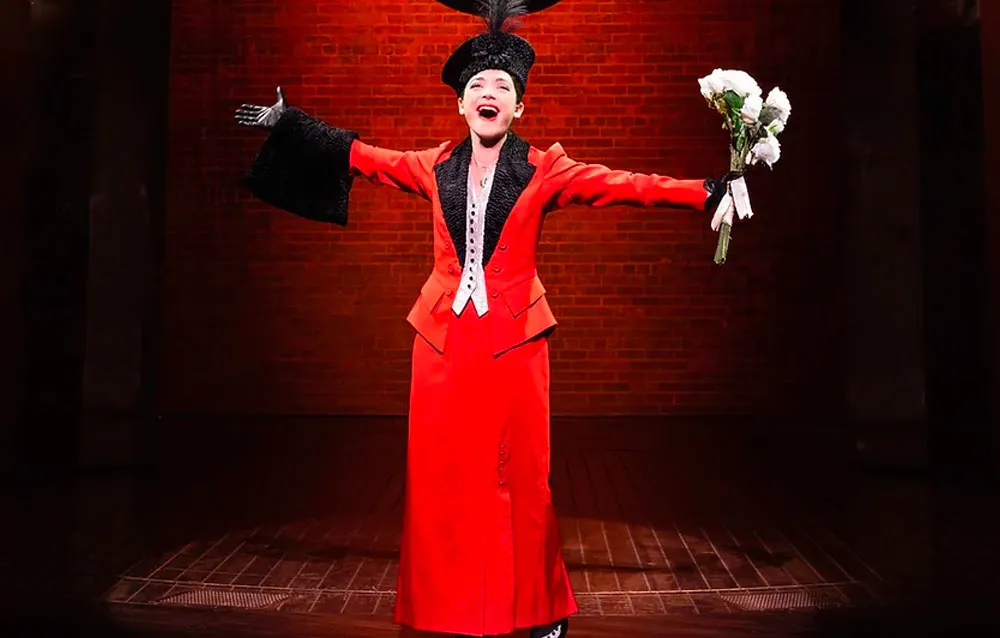
EDGE: Have you found that it's opened doors for you? And how do you make decisions moving forward?
Julie Benko: It's been interesting because I booked "Harmony" while I was still in "Funny Girl," so I haven't been free to just see what's out there in almost two years now. I think time will tell. But there's no question that certain doors have opened. I get asked to be a part of readings and things that I think people wouldn't have thought of me for before. We'll see going forward.
I do all the musicals, but I'm really an actor, first. That's how I identify. So, I'm hoping that I'll get to put a lot of the skills that I
developed in my acting graduate program to use--whether it's a film or television or a straight play or Shakespeare. I'll still do musicals, of course, but I would like to explore in a new medium, because that's really where I trained.
EDGE: With Fanny in "Funny Girl," you managed to take a role so indelibly linked to somebody who is one of the greatest entertainers of all time (Streisand) playing one of the greatest entertainers of her time (Brice). And you made it your own.
Julie Benko: Thanks. You know, I didn't grow up with "Funny Girl." I'm, like, the only Jewish musical theater girl who didn't know it and wasn't obsessed with it. It just didn't enter my sphere. I was really obsessed with Judy Garland and Julie Andrews. I watched everything they ever did... And I had to learn the song "People" for my audition, and I never heard it before... I think that is probably the greatest gift that I could have gotten. Because if I had grown up watching Barbra, then I think it would have been impossible to not try to do what she did with it. I did watch the movie after I got called back... to get a sense of the story as a whole.
I'm listening to Barbra's audiobook. And I'm so glad that I didn't really know all of what she did with "Funny Girl," because it was such a huge iconic moment that cannot be replicated. So why even try?... I just finished the chapter about "Funny Girl" on Broadway and I wept through a lot of it because I identified so much with so many parts of her journey... She was talking about different struggles she had. And I was like, that happened to me. And that happened to me... And this is how I felt about Fanny. And this is how she did her research. There were so many pieces of it that overlapped. And then when she talked about her final performance and the way she was weeping in the middle of her show and that she got standing ovations in the middle. My last performance in "Funny Girl" was the most magical night of my entire life. I walked out, and I was crying. And I hadn't sung a note. And they were all just standing and screaming. I just had tears streaming down my face...
But then to hear that's basically how it went for Barbra at her last show, too. And to compare those journeys... There were so many parallels... There's something really special about Fanny that connects Barbra and me and Beanie and Lea (Lea Michele, who replaced Beanie Feldstein and turned the revival's fortunes around)--we all have this very unique connection to Fanny, to Barbra.
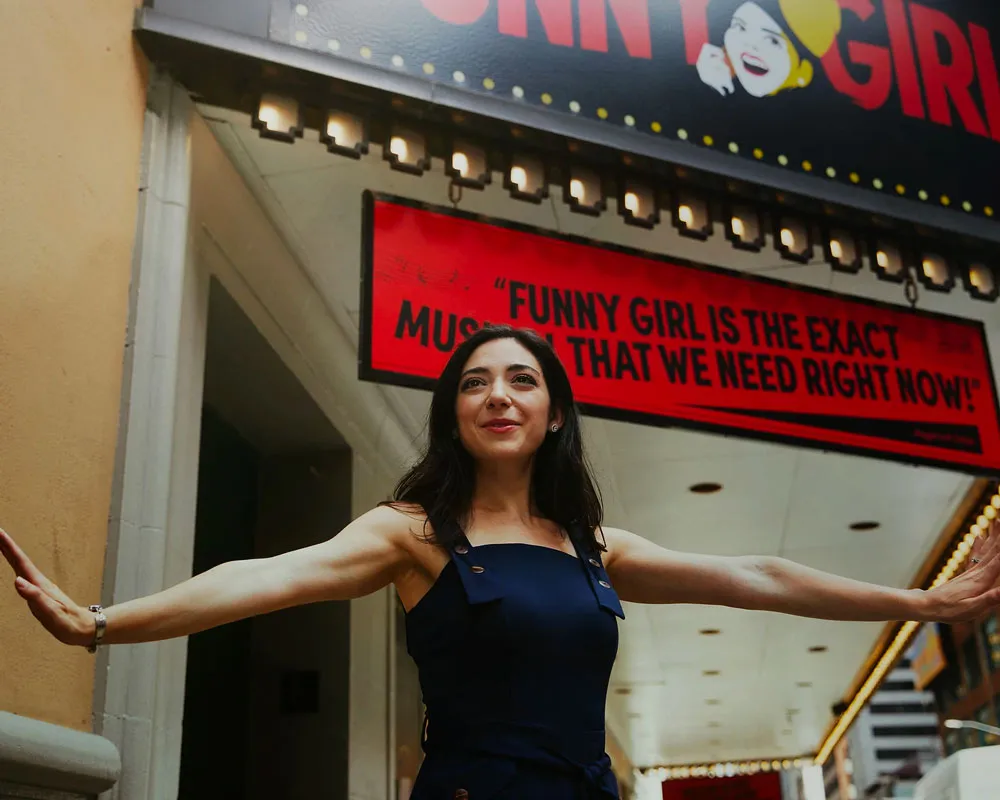
EDGE: How did you deal with this stress-inducing media insanity that ensued surrounding "Funny Girl?' Because it was ridiculous.
Julie Benko: It was... It took some getting used to. I left Twitter. And I'm so glad I did. That's a place I don't miss at all... I just learned that paying attention to that was not helpful. It wasn't helping me do a better job at work. It wasn't helping me to get any sleep.
I think the first time it happens, you're confused, and you have a hard time looking away because you're just shocked that you're a part of this wider conversation, but after the initial shock wore off, I just tried to not pay attention to it and just focus on giving as much as I could to my performance.
(This interview has been edited for length and content.)
"Harmony" is currently playing at the Ethel Barrymore Theatre, 243 W. 47th Street, NYC.
For tickets and more information, visit the "Harmony" website.
Frank J. Avella is a proud EDGE and Awards Daily contributor. He serves as the GALECA Industry Liaison and is a Member of the New York Film Critics Online. His award-winning short film, FIG JAM, has shown in Festivals worldwide (figjamfilm.com). Frank's screenplays have won numerous awards in 17 countries. Recently produced plays include LURED & VATICAL FALLS, both O'Neill semifinalists. He is currently working on a highly personal project, FROCI, about the queer Italian/Italian-American experience. He is a proud member of the Dramatists Guild. https://filmfreeway.com/FrankAvella https://muckrack.com/fjaklute
